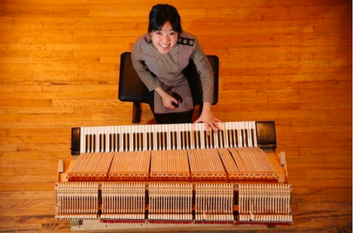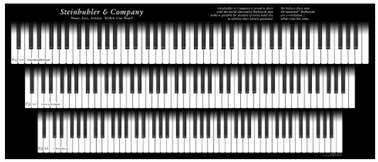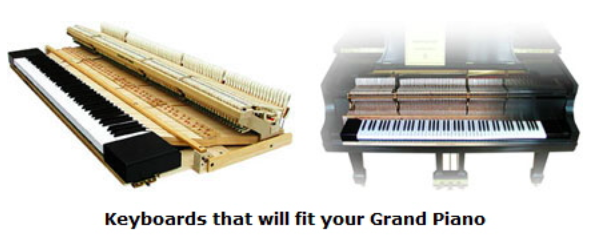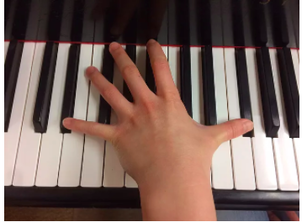|
-Eliana Yi I was able to reach my first good octave when I was sixteen years old. My piano teacher took a photo and we celebrated. Finally, I could play something other than Mozart sonatas and Bach inventions! Time for Chopin! But the Chopin came at the cost of comfort. As my repertoire became more demanding, the physical limitations of my small hands became an issue. I remember spending hours with my hands splayed out as far as they could go which built a lot of tension and strain on my wrist, muscles, tendons and even shoulder and back. I injured myself during my senior year of high school and was unable to play piano for a few weeks (and this was right before my audition into college!). The most frustrating thing: no matter how much I practiced, my octaves sounded stiff, inhibiting my musicality and what I actually intended to do with the music. I was able to reach my first good tenth when I was nineteen. This was not because in a three-year times-span, my hand grew three inches. This was because the keyboard got smaller. I’m talking about this: I heard about these keyboards through a pianist in Austin who had heard it himself from a magazine. Dr. Carol Leone, my private instructor, is one of the leading researchers in this notion of an ergonomic keyboard. These keyboards were developed in the 1990s by David Steinbuhler. He has created three different sizes. A small (5.5”), a medium (6.0”) and a large (6.5”). The number indicate how many inches one has to reach to play an octave. Guess which size is the standard one that all pianos are manufactured to? The large. The three different keyboard sizes compared to each other. Research has shown that the standardized keyboard size that we have set for all pianos are proven too large for most of the population. This is especially a problem with minorities such as Asians or Hispanics that tend to have a smaller stature and women across all races who have smaller hands than males. Even Chopin himself had played on a keyboard with narrower keys. The reason why I am sharing this with you is that this keyboard action is available for purchase. My performance has dramatically improved now that the keys are literally under my fingers and that comes along with self-confidence, poise and more focus on creating good sound. A lot of your children and perhaps you yourself have trouble reaching stretchy intervals and changing the keyboard size could prevent injury and frustration. The best thing is that the keyboard actions are interchangeable in grand pianos. It takes a screwdriver and five minutes to slip one size out and put a new one in: Ergonomic keyboards are also made for up-rights as well. There’s a lot more information that I will link below, but I will address one frequently asked question: if me/my child plays on a smaller keyboard will that mess them up if they try to play on a regular size? I was worried about that too when I first came to SMU to participate in this research study. But I realized that the human mind is extremely flexible. The brain can adjust to anything. Recently, I performed in my junior recital on both the small size (5.5) and the large size (6.5) back-to-back. The keyboard size change was not an issue to me. During my lessons, I will switch from one keyboard to another and it feels kind of like changing gears on a car: an automatic switch in my brain that immediately adjusts to whatever keyboard I’m playing on. Last year, I took my Liszt etude (which had been learned on the 5.5”) to a festival which only had a 6.5”. It took me only a week to relearn the piece on the new keyboard size. I highly recommend the alternate sized keyboards to any student that is struggling with those large chunky keys. Why risk the arthritis? My hand on a smaller keyboard. (For reference, my hand is about the size of an 8-year-old child)
More information: http://www.paskpiano.org/vision-for-the-future.html https://www.dallasnews.com/arts/classical-music/2017/12/26/standard-pianos-big-problem-musicians-small-hands-smus-trying-change
1 Comment
NnekaE
5/30/2018 12:13:34 pm
This is very informative. I will pin this for future reference as my children progress in lessons.
Reply
Your comment will be posted after it is approved.
Leave a Reply. |
Archives
July 2024
Categories
All
|
|
|
MUSIC SO SIMPLE
|




 RSS Feed
RSS Feed